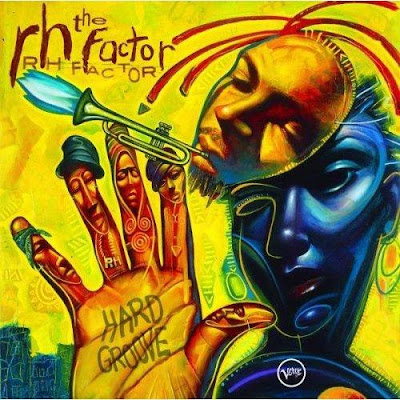
This 1975 album introduced to the world to the slick yet groovy instrumental stylings of the Salsoul Orchestra, a group of Philadelphia session musicians spearheaded by vibes player Vincent Montana. Since many of the musicians (including Montana) also participated in the recordings of MFSB, it's not a big surprise that The Salsoul Orchestra explores a similar vein of orchestral soul. The difference between the two is that the Salsoul Orchestra explores a more Latin-oriented style with a heavy emphasis on congas and other forms of exotic percussion. This style is neatly encapsulated in the lead-off track "Salsoul Hustle," which is built on a contrast between a dreamy, string-led melody and a series of funky instrumental breakdowns spiced with conga tattoos. Other highlights in this style include "You're Just The Right Size," which layers sweet orchestrations and a female chorus cooing the title chant over a synthesizer-layered groove while "Salsoul Rainbow" glides forth on a fusillade of congas and wah-wah guitar riffs. On the downside, The Salsoul Orchestra occasionally allows their slickness to overpower their r&b backbone and the result is disco-flavored easy listening like "Tangerine" and "Love Letters." Another problem is the album's highlights, as funky as they are, often have a cookie-cutter feel to them: for instance, "Salsoul Hustle" and "Tale Of Three Cities" are built on strikingly similar arrangements that hinge on the contrast between string-led flights on fancy and funky grooves from the rhythm section. Despite these shortcomings, The Salsoul Orchestra shapes up as a solid disco album that will entertain anyone who enjoys orchestral soul. AMG - by Donald A. Guarisco.
Tracks:
1. Salsoul Hustle
2. Get Happy
3. Chicago Bus Stop
4. You're Just the Right Size
5. Tangerine
6. Tale of Three Cities
7. Salsoul Rainbow
8. Love Letters










